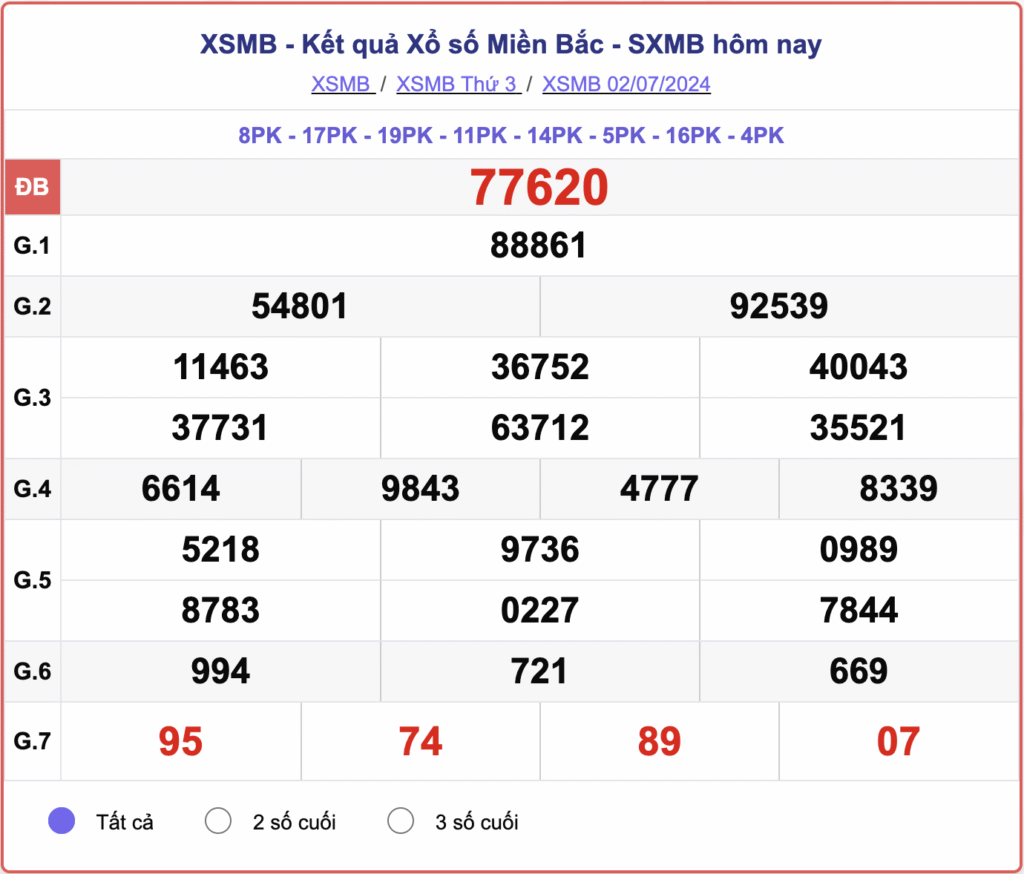The inverter and the inverter battery are the most important backup you have against powercuts, especially the fact that powercuts have become so rampant nowadays has given way to their causes.
There are tons of batteries out there: tubular, gel, lithium-ion. But the real long-time friend for inverters is the lead-acid battery. Why? They are affordable and reliable. That’s why almost every home, office, and industrial setup still relies on them.
Understanding Lead-Acid Inverter Batteries
These are inverter batteries that are the most prevalent type of inverter batteries. They are affordable and rechargeable. They have two electrodes (lead and lead dioxide). These stay immersed in an electrolyte solution (sulfuric acid). This causes chemical reactions that create DC.
Well, as with everything else, there are some pros and cons of the lead-acid battery.
| Pros | Cons |
| Cost-effective: Affordable and easy on the pocket. | Needs maintenance: You will have to top up water and keep them clean. |
| Easy to find: Available almost everywhere, so replacements are simple. | Shorter lifespan: Usually lasts only 3–5 years. |
| Reliable technology: Proven and trusted for years in homes and industries. | Bulky and heavy: Takes up space and isn’t easy to move. |
Types of Lead-Acid Batteries
Now, there are many types of inverter batteries, let’s categorise
| Classification Basis | Type / Example | Key Characteristics | Advantages / Ideal Use |
| Based on Maintenance | Conventional (Flooded) | Requires regular electrolyte checks and water top-ups | Affordable, high discharge; automotive, industrial use |
| Sealed / VRLA | Maintenance-free, valve-regulated, low gas emission | Safe, indoor installation, UPS, solar systems | |
| Based on Plate Design | Flat Plate | Compact, moderate life, affordable | Short-term backup, residential areas |
| Tubular | Tubular plates, long life, deep-cycle capable | Frequent/long power cuts, industrial applications | |
| Based on Discharge Type | Starter / High-Current | Delivers high bursts of current | Vehicles, machinery |
| Deep-Cycle | Can discharge deeply without damage | Solar, UPS, telecom systems | |
| Based on Lifespan | Standard | Typical lifespan 3–5 years | General automotive/industrial use |
| Long-Life | Resistant to corrosion, can last 6–10 years | High-demand applications, repeated deep discharge |
Common Uses of Lead-Acid Inverter Batteries
So, where do you usually find lead-acid batteries? Let’s break it down:
Home Backup: This one’s simple. Lead-acid batteries keep lights and appliances running during power cuts.
Commercial and Office Use: Small offices or big businesses — they provide backup for computers, servers, and other important equipment.
Telecom and IT Infrastructure: Data centers and telecom towers rely on them to avoid downtime and protect critical systems.
Industrial Applications: Factories use them to power machinery and emergency systems when needed.
Renewable Energy Systems: Use them with solar panels or wind turbines for steady energy storage and supply.
How to Pick the Right Lead-Acid Inverter Batteries
Choosing a battery isn’t rocket science but it can feel like it. Here’s what matters:
- Capacity (Ah): More Ah = longer backup. Simple.
- Voltage: Match your inverter. Don’t guess. 12V, 24V, 48V-pick wisely.
- Maintenance Mood: Want “set and forget”? Go VRLA. Love topping up water? Conventional is your friend.
- Usage Pattern: Short power cuts or all-night blackouts? Deep-cycle batteries love long sessions.
- Space & Weight: Lead-acid batteries are bulky. Make sure you’ve got room. Best way? Check dimensions before clicking buy now.
Quick Comparison Table
| Factor | What to Think About | Best Bet |
| Backup Time | Short vs. long outages | Flat plate for quick fixes, tubular for marathon power cuts |
| Maintenance | Lazy or hands-on? | VRLA for lazy, conventional if you don’t mind water top-ups |
| Lifespan | Short-term vs. long-term | Standard: 3–5 yrs, Long-life: 6–10 yrs |
| Application | Home, office, industrial | Pick what fits your load and your space |
Tips to Make Your Battery Last And Not Die
Lead-acid batteries are like pets. Treat them right and they’ll stick around.
- Keep it clean: Wipe off dust; nobody likes a dirty battery, and the battery doesn’t like it, too.
- Check the water: Conventional batteries love distilled water, don’t skimp.
- Don’t drain it to zero: Keep it topped up; deep discharges hurt.
- Ventilate: Batteries fume, literally. Give them space.
- Temperature matters: Avoid extreme hot or cold spots. Your battery isn’t a fan of sauna or freezer life.
Why Lead-Acid Inverter Batteries Work For Maximum People
Lithium-ion may be trendy. But lead-acid? It is the reliable old friend.
- Cheap and cheerful: Will not burn a hole in your wallet. You will find them in the most affordable range, yet with value for money.
- Battle-tested: It has been around for decades, and it works every time. People rely and recommend it, owing to the good experience they’ve enjoyed.
- Handles sudden loads: It can shrug off a heavy surge without complaint.
- Everywhere you look: Need a replacement? Easy-peasy.
Things to Watch Out For
No battery is perfect, and lead-acid comes with quirks:
- Heavy stuff: Moving it? You’ll need muscles or a trolley.
- Maintenance: Conventional types need attention.
- Not immortal: Standard types last 3–5 years. Long-life types up to 10.
- Environment: Dispose properly, don’t go tossing it in the trash.
Battery Safety 101
Yes, they’re safe if you treat them right:
- Gloves and glasses = non-negotiable.
- Keep sparks and flames away. Batteries hate fireworks.
- Charge in ventilated areas—no gas build-up, please.
- Old batteries? Recycle. Mother Earth will thank you.
Conclusion
Lead-acid inverter batteries are your reliable partners- ready to keep your lights on. Choose the right type, maintain it well, and it’ll serve faithfully for years. You can be at home, running an office, or powering industrial systems; they have got your back. So, make the right choice by reflecting on the details we’ve shared above and go worry-free. Let not the power cuts trouble you anymore!






